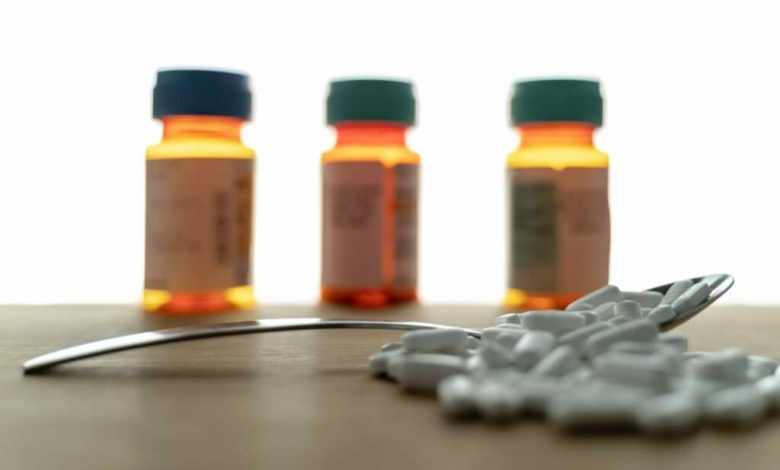Steps for Cocaine Withdrawal Treatment at a Drug Rehab in Florida

When you know someone who is going through cocaine withdrawal in Florida, it is important to search for Florida drug rehabs. Withdrawal symptoms surface when someone who has been addicted to cocaine quits using it. Symptoms can occur even when the abuser is continuing to consume cocaine in small amounts and the drug is present in his blood.
Cocaine is known to be highly addictive and although it may be used recreationally, it is not legal in the US. Regular cocaine use causes physical dependence on the drug. So, if you stop taking it suddenly, you will experience cocaine withdrawal symptoms. Should you ask for help or handle it on your own? You need to understand that withdrawal effects will be intense, they are not permanent. The initial “crash” can last from a few hours to many days.
Some can trigger paranoia, acute depression, and even suicidal thoughts. This is why prevention is better than cure for people with substance abuse disorder. Meanwhile, there is an option nowadays to consult people at the comfort of your own home like this . They will be willing to help you out in your journey with effective treatment programs.
If you try to detox at home, it can be risky when symptoms are acute. Cocaine withdrawal at home may be otherwise safe, but medically-supervised detox is necessary at times. Some s can trigger paranoia, acute depression, and even suicidal thoughts.
How can cocaine withdrawal symptoms be treated in rehab?
The FDA hasn’t yet approved any medicines for reducing symptoms of cocaine withdrawal. But, by and large, patients need to check into a drug detox in Florida to go through medical detox. The detoxification process for cocaine isn’t typically long but it is intense, and best done by professionals.
If someone is experiencing acute withdrawal symptoms, he needs hospitalization or inpatient treatment. During this stage, the body metabolizes cocaine, removing it completely from the body. This is why detox can be done at home also within a couple of days.
- Medical detox is when detoxification is supervised so that the patient can handle the withdrawal with ease with medical help. Medically stable patients can detox in clinics and people with life-threatening conditions can detox in hospitals. Patients will be provided with nutritional, medical, and cocaine addiction support at this time. Treatment centers will screen for infectious diseases and treat these. During detox at a facility like Daylight Detox, doctors will identify and treat chronic conditions. Diet will be crafted and administered by medical professionals.
- Once medical detox is over, the addict is screened before his entry into treatment for substance use disorder. Long-term treatment has to be planned since cocaine use often brings about permanent brain changes. Addictions are not only challenging but prone to relapse. The first “crash” recedes soon but patients will continue to go through many symptoms like irritability, cravings, and fatigue for many weeks after.
- For long-term treatment, individual counseling is recommended. This includes behavioral therapy during which the recovering addict is taught new skills for fighting cravings. Contingency management is another treatment option that gives incentives to addicts to stop using drugs. So, in exchange for clean results, these addicts are presented with gift vouchers because they have made healthy choices.
- CBT or cognitive behavioral therapy is used together with multiple treatments to support long-term abstinence.
In this way, cocaine withdrawal treatment plans are devised depending on the individual’s existing health condition. Heavy cocaine users have chronic dependency which can make recovery harder. If you find your loved ones experiencing cocaine withdrawal, call the addiction hotline at Daylight Detox and get help at once. Please visit www.daylightdetox.com for more information.




